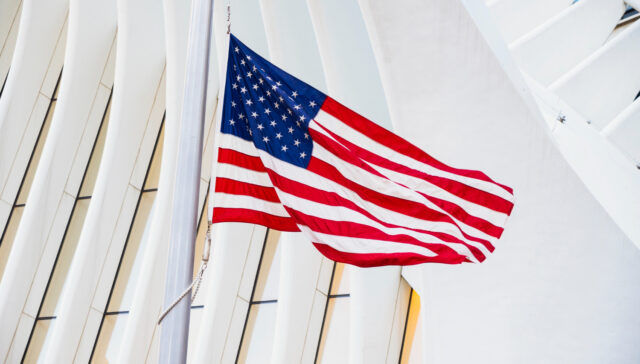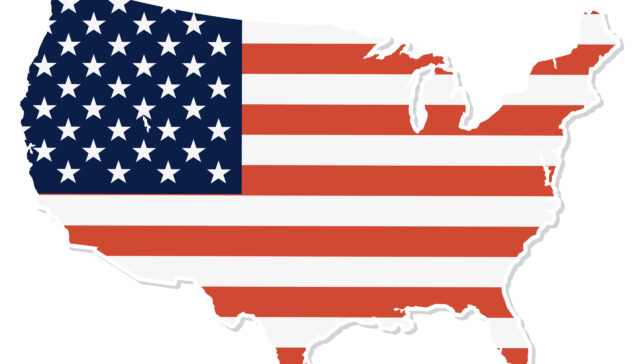
R-1 Visa
What Is R-1 Visa?
The R-1 visa is a nonimmigrant classification specifically designed for individuals coming to the United States temporarily to perform religious work. Its core purpose is to allow foreign nationals to serve as ministers or work in religious vocations or occupations for qualified U.S. non-profit religious organizations or their affiliates.
A key requirement is that the work must be at least part-time, defined as averaging 20 hours or more per week.
Who Qualifies for an R-1 Visa?
Eligibility Criteria for Religious Workers (The Beneficiary)
- Two-Year Prior Membership: Must be a member of the same religious denomination as the petitioner for at least two years immediately before the petition filing.
- Qualifying Role: Coming to work as a minister, or in a religious vocation or occupation.
- Part-Time Work Minimum: Work must average at least 20 hours per week.
- Temporary Intent: Intend to depart the U.S. after status ends (dual intent permitted).
Eligibility Criteria for Sponsoring U.S. Employers (The Petitioner)
- Type of Organization: Must be a bona fide non-profit religious organization, an organization authorized under a group tax exemption, or a bona fide non-profit affiliated with a U.S. religious denomination.
- Tax-Exempt Status: Generally requires proof of 501(c)(3) tax-exempt status via an IRS determination letter (individual or group)
- Proof of Religious Nature (If Necessary): If the IRS letter isn't explicitly religious, additional evidence (bylaws, brochures describing religious purpose) is needed.
- Ability to Compensate or Support: Must show ability to pay the worker (salaried or non-salaried, like room/board) or document eligibility for self-support under an established missionary program.
R-1 Visa Length and Extensions
Initial stay is up to 30 months, extendable up to another 30 months, for a maximum total of 5 years (60 months). After 5 years, must spend 1 year outside the U.S. before reapplying for R-1. Only time physically present in the U.S. counts towards the limit.
R-1 Visa Application Process
Step 1: Employer Files Form I-129 Petition
Step 2: USCIS Review, Adjudication, and Potential Site Visits
USCIS reviews the petition and may conduct site visits to verify information before or after a decision. Successful pre-decision inspection may be required for approval.
Step 3: Petition Approval Notification (Form I-797)
If approved, USCIS sends Form I-797 (Notice of Action) to the employer.
Step 4: Visa Application at a U.S. Embassy/Consulate (for workers abroad)
Workers outside the U.S. apply for the R-1 visa stamp at a consulate, requiring the approved petition (I-797 receipt number). This involves Form DS-160, fees, photos, and an interview. Consular officers independently assess eligibility.
Step 5: Entering the U.S. or Changing Status
With the visa, travel to the U.S. and seek admission from CBP, who issues Form I-94.
If already in the U.S. legally, the employer can request a change to R-1 status via Form I-129.
Questions? You’re covered.
No, a qualifying U.S. employer must file Form I-129 for you.
Formal affiliation and participation per the denomination's standards, proven by records or letters.
No, R-2 holders cannot work but can study.
Your R-1 status ends. The employer must notify USCIS. You need a new sponsor, status change, or must depart.
No, work is authorized only for the petitioning religious employer in the approved role.
News and blog


O-1 Visa: The Definitive Guide for Individuals of Extraordinary Ability



